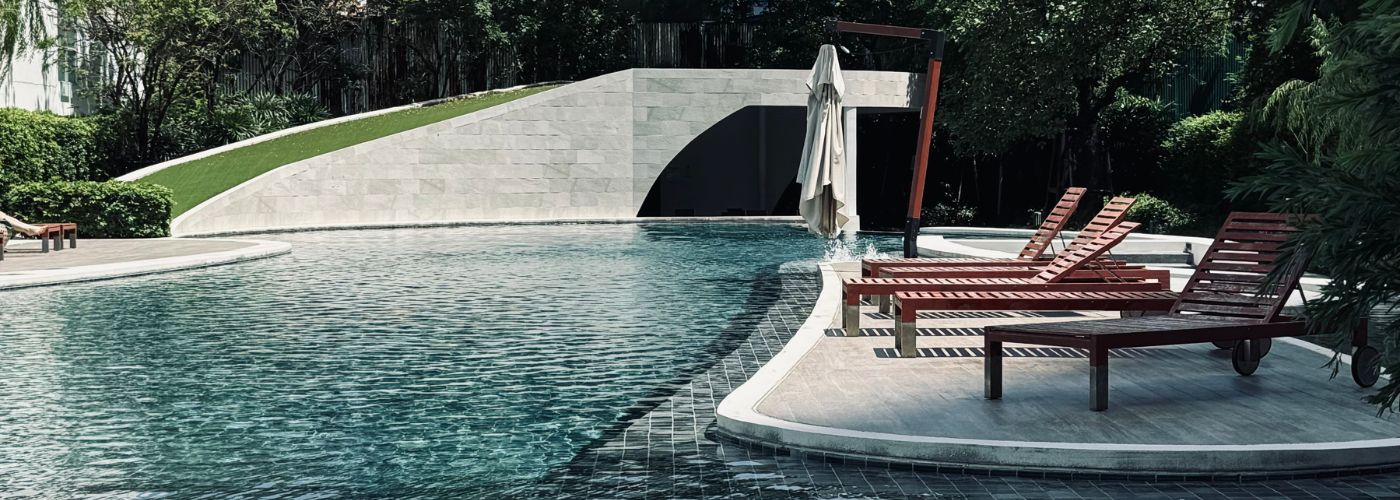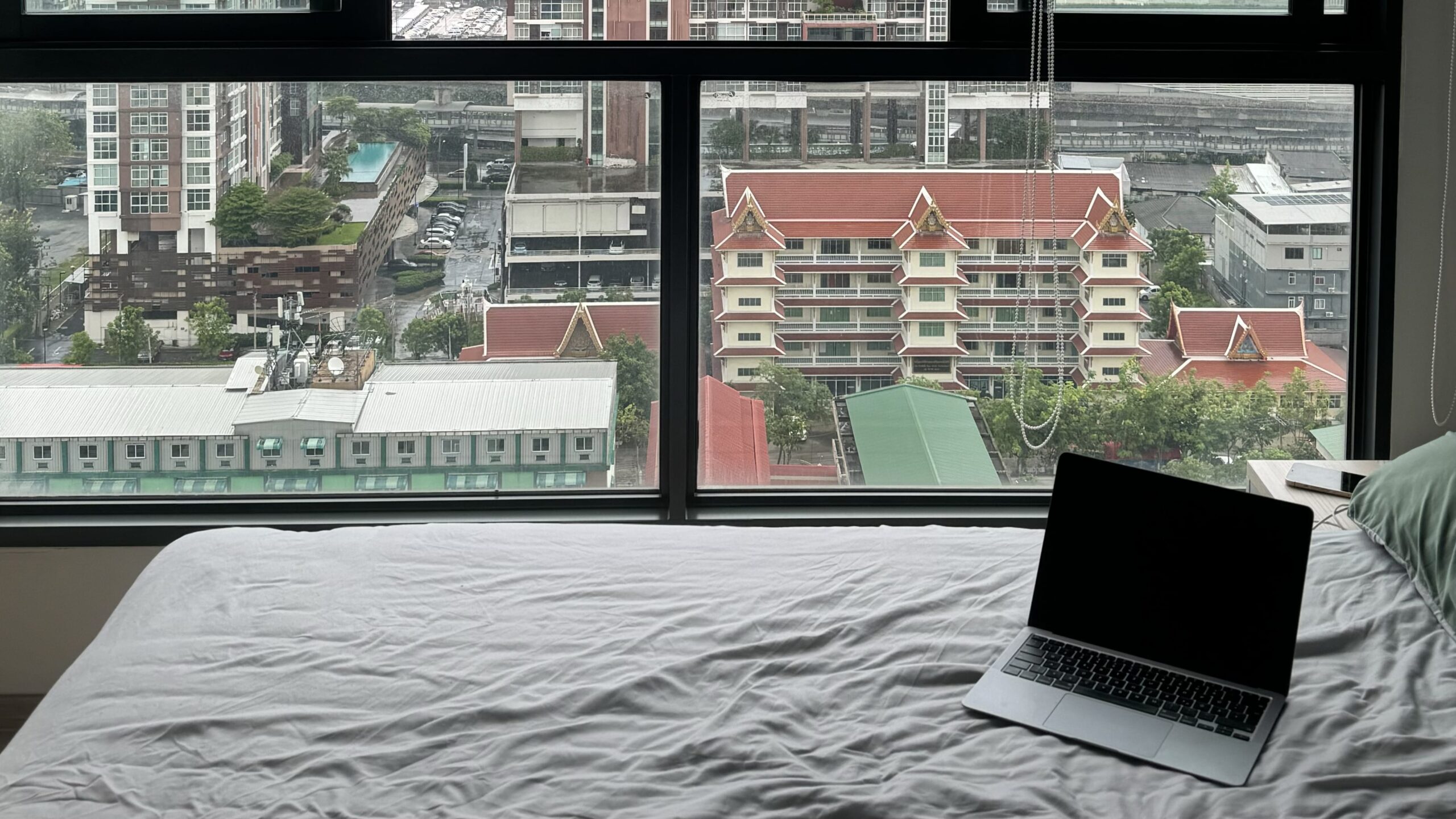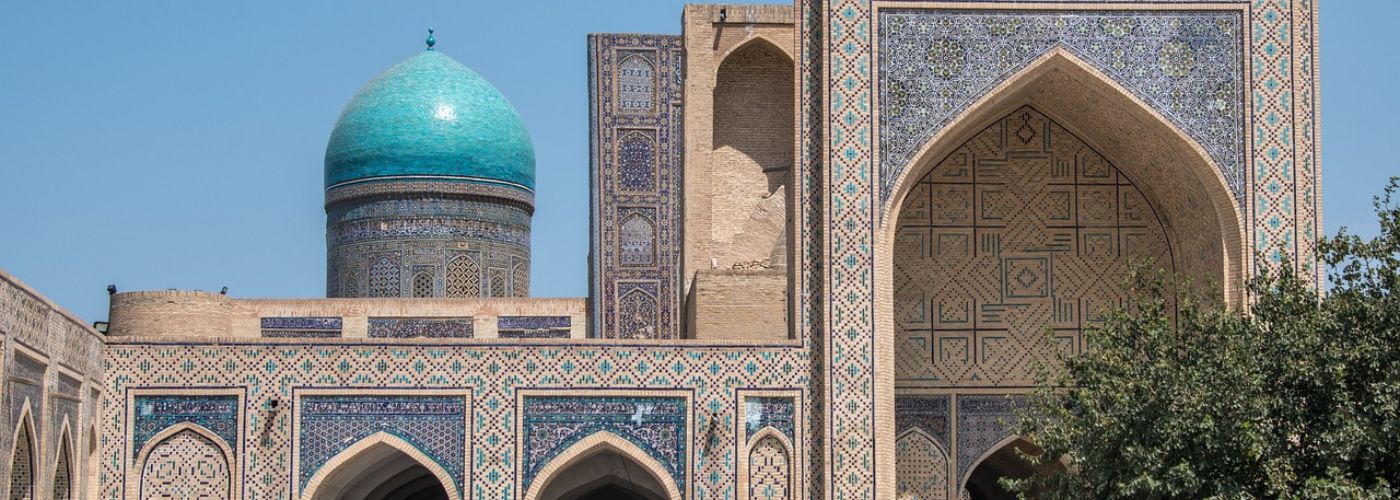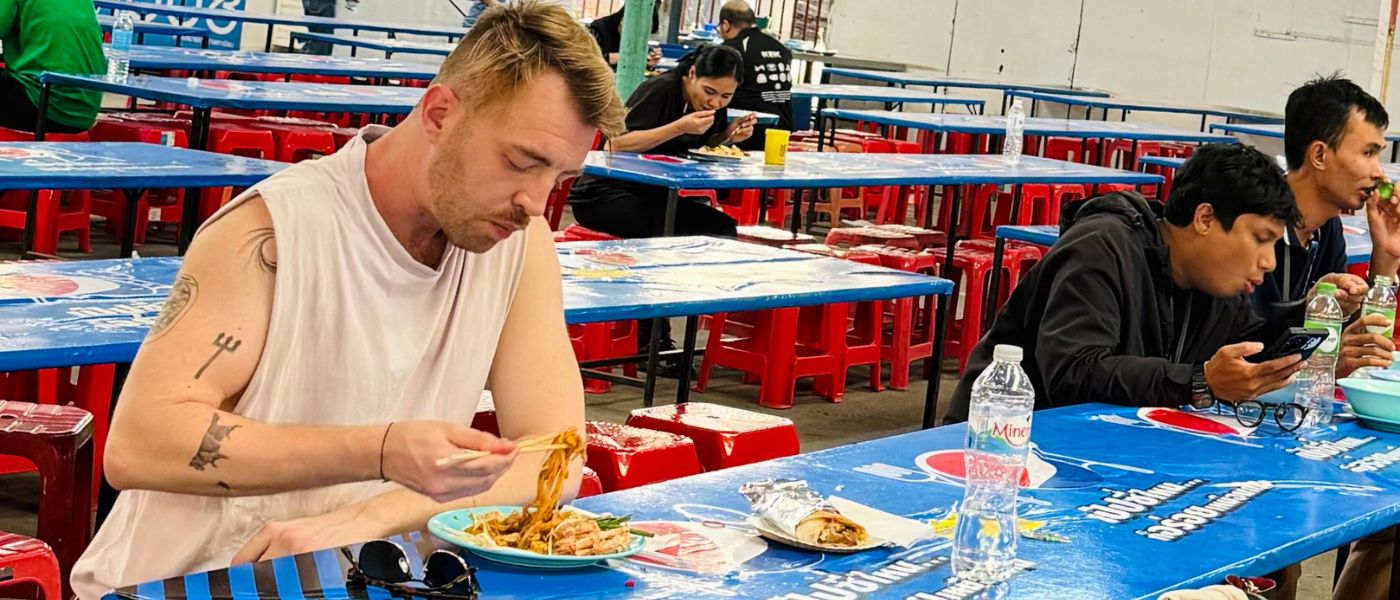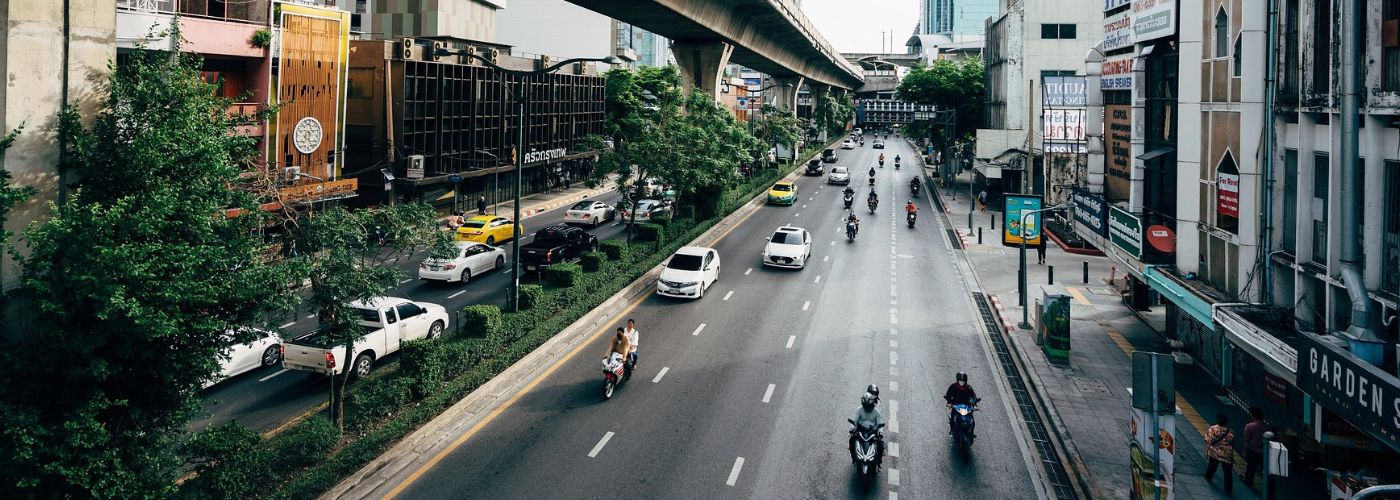I’m not a professional psychologist, nor a life coach or something like that. This article is just me sharing my own experiences, so treat it as that.
All roads lead to Rome and Rome is burnout
I’ve spent 10 years in corporate roles while running freelance projects on the side. I’ve managed complex projects with tight deadlines, led businesses to success, driven sales and generated high-quality leads and consistently hit KPIs and OKRs. I’ve redesigned websites, crafted creative concepts, and managed multidisciplinary teams with complicated projects, guiding them to deliver results beyond expectations, I’ve celebrated wins, solved crises, and felt the rush of achieving what once seemed impossible. Yet, despite all that constant motion, the late nights, the endless meetings, and the pressure to always perform, I got tired. Not physically exhausted, but mentally drained, creatively muted, and slowly realizing that I was running on habit rather than inspiration. The thrill of achievement had faded, replaced by pure survival. So I took a mini-retirement: for the last 4 months, I intentionally stepped away from the endless deadlines, reports, and KPIs to focus on what truly gives my power: travel, sports, good food, and taking care of myself, not just physically, but mentally and emotionally too. I allowed myself mornings without alarms, afternoons without meetings, and evenings without emails.
I’m turning 31 soon, and looking back, I can confidently say it was one of the best decisions I’ve ever made. Now, back in my home country, I’m writing this on a quiet, cozy Sunday afternoon, the kind of calm that’s rare when you’re constantly chasing targets. I’m preparing for my next step: re-entering the corporate world, taking on the Q4 rush with a few key clients, but with a slightly different mindset. But before diving back in, I want to pause and reflect on something that many highly strategic and creative professionals eventually face: burnout. For me, it began last winter. I felt like my work had become mechanical, like I was going through the motions without real impact. No new ideas sparked my curiosity, no creative solutions excited me, just the bare minimum to survive. The grind was relentless, and even achievements felt hollow. I managed to push through until April, thanks in part to a rejuvenating month in Thailand in January that refueled my energy until summer. But I knew I needed more: I wanted to reclaim a part of life I had neglected in my 20s: a true summer of freedom, exploration, living without a checklist or responsibilities. I wanted mornings that weren’t dictated by meetings, afternoons spent learning something new or just enjoying the sun, evenings filled with laughter, good food, and connection and most importantly, not having a return ticket.
Several recruiters have already reached out since I returned, which I truly appreciate. This time, I’m taking a thoughtful approach to my next step, making sure it aligns with my experience, my goals, and the impact I hope to make. That said, if you’re a recruiter or hiring manager in pharma or private healthcare looking for someone with experience, a strategic mindset, and a track record of delivering results, I’d be glad to connect and have a conversation.
A 10-year professional journey
Over the past decade, I’ve built deep expertise across the full spectrum of marketing, digital strategy, and business growth. I’ve learned how to translate high-level business objectives into actionable marketing strategies that drive measurable results. From omnichannel campaigns to digital transformation initiatives, I’ve combined creative thinking with data-driven decision making to optimize ROI, enhance customer experience, and strengthen brand equity. Leading cross-functional teams, I’ve developed a sharp sense of prioritization, resource management, and strategic planning, ensuring that every project contributes directly to business goals.
My career began at Libri–Bookline in 2016, Hungary’s largest book retailer, where I mastered marketing fundamentals, operations at scale, and customer-centric thinking. This first role taught me how small operational improvements can translate into measurable business outcomes and long-term growth. From there, I moved into the digital and healthcare space, working at Amplifon and later MSD. I led initiatives that directly influenced business performance, from improving customer acquisition funnels to optimizing omnichannel engagement, driving higher retention rates, and strengthening digital sales pipelines. I learned how to balance regulatory constraints with market opportunities, always aligning marketing execution with strategic business objectives. Alongside corporate roles, I started freelancing in 2017 beside full time roles, working with agencies and private healthcare clients, I helped businesses grow by identifying market gaps, designing campaigns that increase lead generation and conversion, and implementing performance tracking for ongoing optimization. Freelancing sharpened my ability to understand client KPIs, deliver tangible business results, and advise stakeholders on strategic decisions that balance creativity with profitability.
Over these ten years, I’ve delivered measurable impact across industries. I’ve helped companies modernize through digital-first strategies, generating increased revenue through optimized sales channels and high-converting campaigns. I’ve launched mobile-ready, future-proof websites, developed creative and advertising concepts that improved brand recall, and designed customer engagement initiatives that drive loyalty and lifetime value. Beyond marketing execution, I’ve contributed to strategic decision-making, from business growth planning to operational efficiency improvements, ensuring that marketing initiatives are not just creative, but profitable and sustainable. Along the way, I managed teams, learned from more experienced colleagues, and mentored those who sought guidance, building both leadership and collaborative skills. I wouldn’t be anywhere without the teams I’ve worked with, so thank you to everyone who taught, supported, and inspired me along the way.
In short, I’ve helped brands transform for the modern digital ages: linking strategy to execution, creativity to revenue, and ideas to measurable business success. And while these achievements are rewarding, the pace, scope, and constant pressure inevitably led to exhaustion, the early signs that even the most capable professionals need to pause, reflect, and recharge.
Why most highly skilled professionals don’t dare to step off that treadmill
Even the most capable and ambitious professionals often hesitate to step back, pause, or slow down, just like I did. Society and professional culture celebrate constant motion, achievement, and visible productivity. Yet staying on the treadmill without reflection comes with hidden costs: stress, creativity loss, and eventual burnout. From my own experience, I’ve seen how easy it is to get trapped in this cycle and ignore the toll it takes on both mind and body.
In my opinion, the first reason is the cult of busyness. It’s waaay more dangerous than the cult of air-fryers: high-performing environments, busyness is often equated with value. The longer your to-do list, the more competent you must be. Or at least that is the invisible standard. We fill every hour with tasks, meetings, and deliverables, mistaking movement for progress. I lived this myself, balancing multiple corporate projects while freelancing on the side. I celebrated achievements and money, yet felt my energy slowly drain. The cult of busyness can make you feel indispensable, but it also traps you in relentless motion. It’s way less dangerous to stick to the airfryers if you want to pick a cult, probably even your friends will agree.
Fear is the other major reason we stay on the treadmill. What if stepping back makes me irrelevant? What if my skills fade? What if I fall behind while others advance? I wrestled with all of these fears before taking my mini-retirement. There is also fear of judgment from colleagues, clients, and even ourselves for not doing enough. But through experience, I learned that these fears are largely imagined. Time away does not erase your value; it can actually strengthen it.
The third one is basically the false identity people usually build around their current role. Think about the linkedIn lunatics, or the corpo girls and boys, often juniors, who build their entire identity around their current job rather than their profession or skills. They measure their self-worth solely by how visible or busy they appear in the corporate hierarchy. It’s a dangerous trap, because when your sense of self is tied to a single role or title, every change, pause, or failure feels catastrophic. The danger of building your identity around a single role is that when that role changes, is threatened, or simply ends, you feel like you’ve lost yourself. Promotions, layoffs, organizational reorgs, or even just a quiet month without visible wins can trigger a profound sense of losing that identity. I felt a shadow of this myself before my mini-retirement: the constant fear of falling behind or becoming irrelevant was suffocating, even as I was technically succeeding. Stepping back showed me that my professional worth is not fragile, and that my identity can survive and thrive beyond any role.
Recognizing my own burnout and the shift that followed
Burnout doesn’t always arrive with a dramatic crash, for me, it started subtly. Last winter, I noticed my creativity waning. Tasks that used to excite me felt mechanical. I was still hitting KPIs and delivering results, but every day felt like autopilot. Motivation faded, energy drained faster, and small irritations began to feel overwhelming. Nights were sleepless sometimes, weekends were blurred with parties and even exercise and cooking my comfort foods felt like a chore rather than a release. My mind was constantly “on,” yet nothing felt fulfilling. You know that Sunday anxiety, don’t you? By 2025’s spring I felt like I had enough, I don’t want to do this, I don’t want KPIs, and don’t want projects and I just want to be a cat, no deadlines, no e-mails, just meow and food, basically like this cutie:
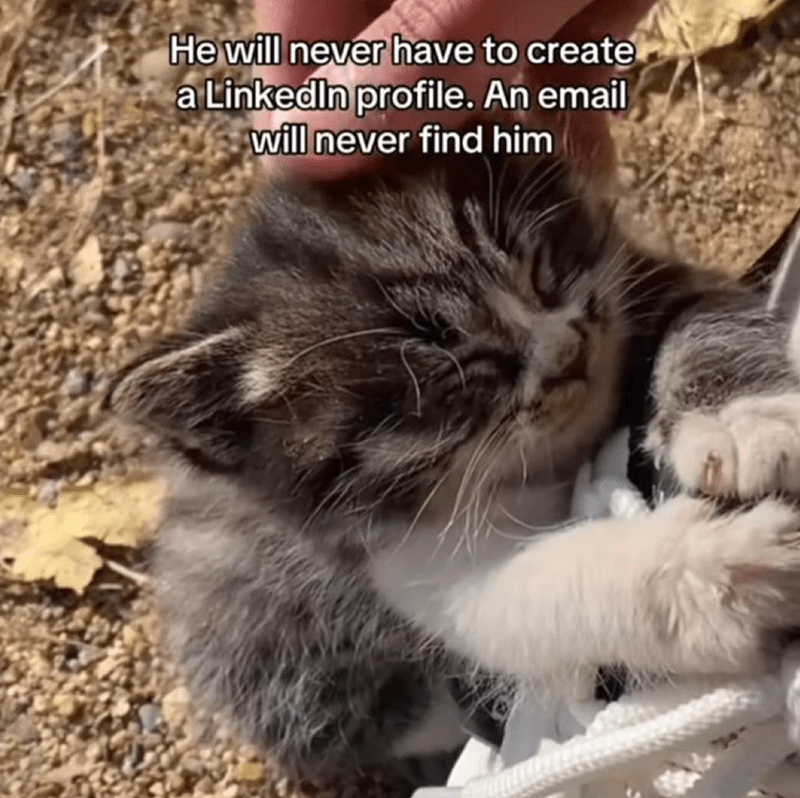
Over the past four months, everything changed. Stepping off the treadmill allowed me to reclaim mental clarity and physical energy. I prioritized sleep, movement, and nutrition, but also gave myself permission to do nothing, truly recharge. Travel, sports, and exploration replaced endless meetings and deadlines. Most importantly, I reconnected with what drives me beyond work: curiosity, creativity, and simple joys. I now notice small wins again, approach challenges with renewed focus, and feel energized to contribute without sacrificing my wellbeing. Burnout taught me that success is meaningless if it comes at the cost of your health and identity. These months of reflection didn’t make me weaker, they made me stronger, more resilient, and far more aligned with both who I am and the professional I want to be.
What’s a mini retirement and what did I do?
A mini-retirement isn’t about never working again. Would love to write “I wish haha”, but I’d get bored in a year or two I guess. Think of it as a sabbatical with a wink, four to five months every seven or eight years where you hit pause, recharge, and remind yourself that life exists outside spreadsheets and KPIs. It’s your chance to step off the treadmill to take a deep breath, and to rediscover what excites you, not just what delivers results. For me, these months became a mix of travel, sports, and unapologetic self-care. I swapped morning emails for sunrise runs, office stress for exploring new cities, and endless meetings for long, lazy brunches. I focused on eating well, moving my body, and experimenting with routines that made me feel alive. But beyond the physical, I gave myself the mental space to think, reflect, and reconnect with my creativity and curiosity.
So what did I actually do during my mini-retirement?
I went to Thailand to train martial arts, enjoy my favourite asian cuisines, and find peace in the chaos of a big city. Bangkok became my base, and I built a daily rhythm of morning runs, intense training sessions, and evening recovery. Those weeks there pushed my body to the limit, improved my endurance, and gave me a sense of discipline and focus I hadn’t felt in years. It was a chance to reconnect with myself in a place that could have easily pulled me into distractions, but instead became a space for growth. After Bangkok, I ventured into Central Asia to confront nature itself. I walked 20–30 kilometers a day across the Kyrgyz mountains and the deserts of Uzbekistan, navigating rough terrain, extreme weather, and minimal infrastructure. Every day was a lesson in patience, resilience, and trust in my instincts, in the people I met, and in my ability to keep moving forward even when conditions were challenging. It was humbling, exhausting, and deeply rewarding. I’ve also started writing a book about solo travel, not for profit or to become a recognized author, but to help people who hesitate to embark on a journey by themselves. I really hope I can finish it this year.
Along the way, I built this website to share thoughts and reflections (thanks to the 20 people already reading my articles, my family isn’t this big) I learned a bit of Spanish, explored the basics of data science, and read four books, including Sir Alex Ferguson: Leading. These months weren’t just a break from life, they were a deliberate reset that strengthened my body, sharpened my mind, and gave me perspective, 10/10 would recommend. I returned with more clarity, focus, and energy than I had in years, ready to take on new challenges with both humility and confidence.
What’s next?
After months of stepping back and rebuilding, I’m ready to return to the corporate world, bringing a renewed perspective and energy. I have already received some really good (and some irrelevant) job openings from recruiters, but my focus will be on pharma and private healthcare, where I can make the greatest impact, helping people live healthier lives while leveraging the experience I’ve built over the past decade. These sectors matter to me not just professionally, but personally, because the work directly affects human lives. This Q4, I’m taking on my key clients with a way more focused approach. The goal is simple: deliver results that matter, meet their objectives, and drive measurable impact. I’ve learned that consistent performance comes from clarity, preparation, and disciplined execution, not from endless busywork or overthinking.
At the same time, I’m committed to maintaining the balance I found during my mini-retirement. Training, running, and boxing remain core routines, and I prioritize healthy habits like quality sleep, good nutrition, and mental recovery. This balance allows me to show up fully, both for my clients and for myself, ensuring that success isn’t measured just by work output but by overall wellbeing and sustained impact.
Conclusion: stepping back to move forward
Highly skilled professionals fear stepping off the treadmill, but after my experience, I can say the bigger risk is staying on it for too long. Burnout creeps in quietly, eroding creativity, focus, and even the sense of who you are. My mini-retirement showed me that taking a deliberate pause doesn’t mean losing relevance, it means gaining clarity, energy, and perspective. Travel, training, learning, and reflection rebuilt not just my body, but my mind and priorities. With the goal of returning to the corporate world now, I’m sharper, more disciplined, and ready to deliver real results. At the same time, I maintain the routines, habits, and balance that allow me to sustain performance without sacrificing my wellbeing. So if you feel trapped, exhausted, or constantly “on,” consider this: stepping back might feel risky, but staying on the treadmill without pause is far riskier. Sometimes the most powerful move for your career, creativity, and life is simply to step off, even for a little while.

